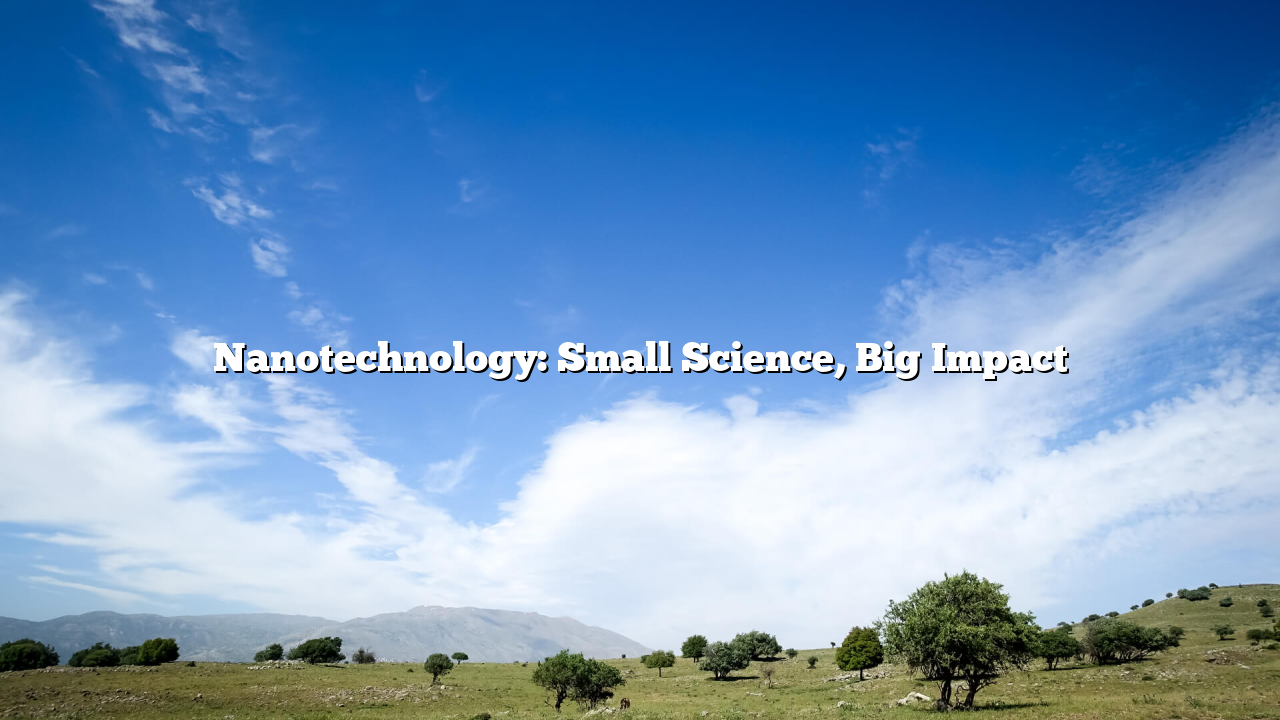Nanotechnology, the science of manipulating matter at the atomic and molecular scale, is unlocking possibilities that once seemed impossible. By working with materials at the nanoscale—one billionth of a meter—scientists are otpklik developing breakthroughs across medicine, energy, and manufacturing.
In healthcare, nanotechnology is revolutionizing drug delivery. Nanoparticles can target specific cells, such as cancer cells, delivering treatments directly where they are needed while minimizing side effects. Nanotechnology also enables advanced diagnostic tools, detecting diseases at earlier stages than conventional methods.
In energy, nanomaterials improve the efficiency of solar panels, batteries, and fuel cells. For example, nanoscale coatings enhance the absorption of sunlight, while nanostructured electrodes improve battery capacity and charging speed. These innovations contribute to cleaner and more efficient energy systems.
Nanotechnology also plays a vital role in materials science. Strong yet lightweight nanomaterials, such as carbon nanotubes and graphene, are being used in everything from aerospace engineering to sports equipment. Their unique properties allow for innovations that were previously unattainable.
In environmental protection, nanotechnology is being applied to water purification and pollution control. Nano-filters can remove harmful contaminants, providing clean drinking water in areas with limited resources.
However, the widespread use of nanotechnology raises concerns about safety and ethics. The long-term effects of nanoparticles on human health and the environment are not yet fully understood. Regulation and research are essential to ensure responsible use.
In conclusion, nanotechnology may be small in scale, but its impact is enormous. Its applications across diverse sectors demonstrate its potential to reshape industries and improve quality of life globally.
